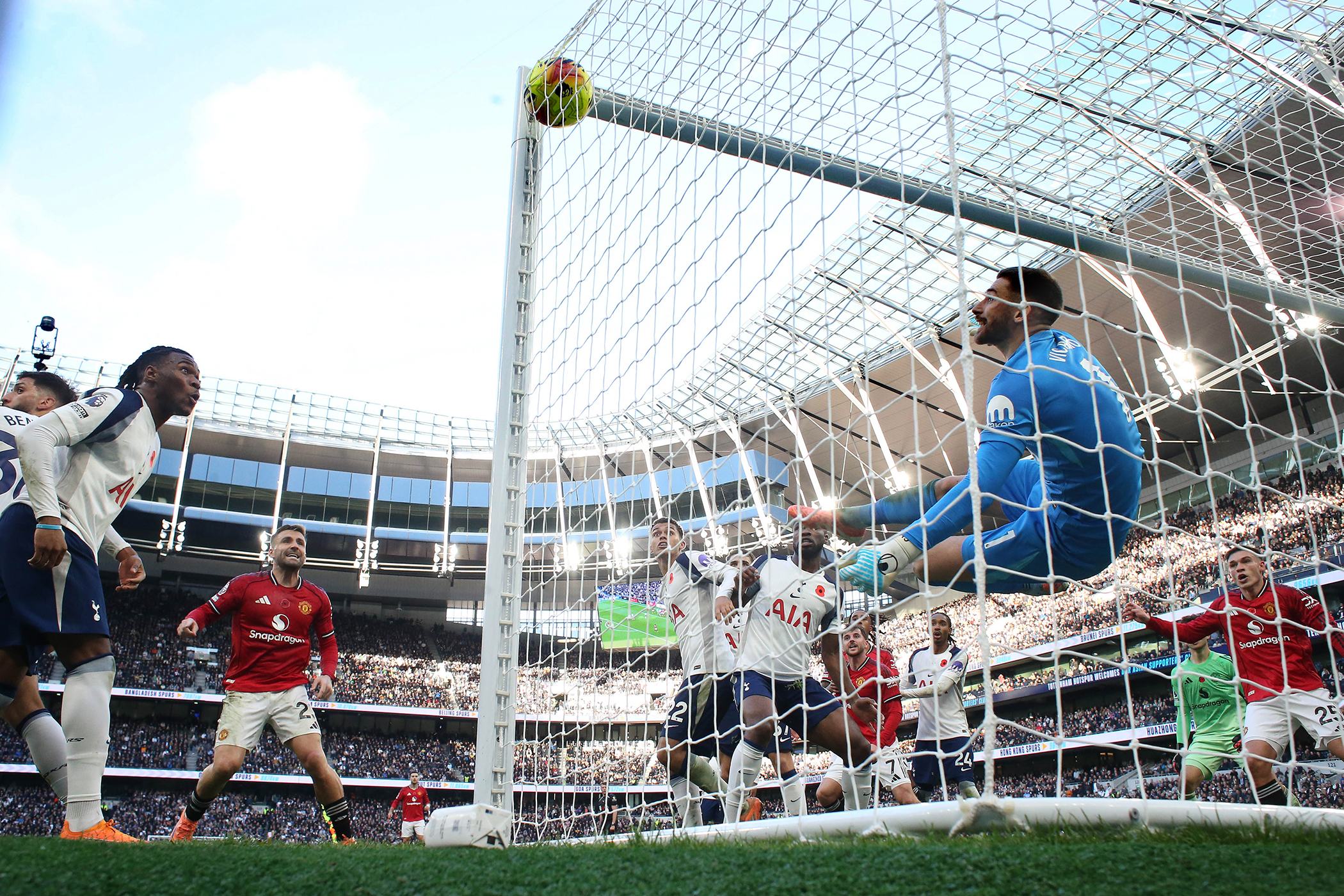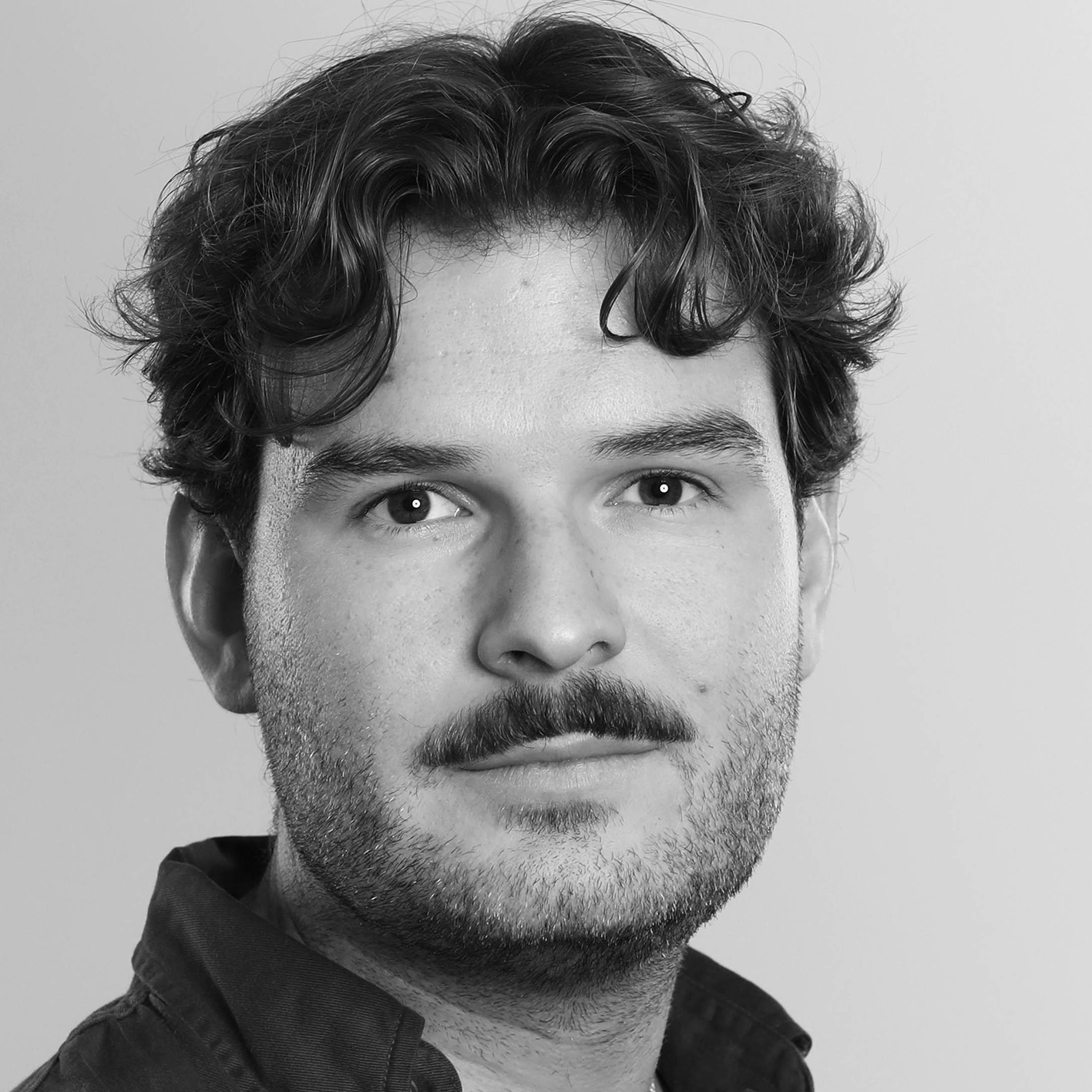In the distant realms of the future, finishing 15th might eventually be remembered as, if not the best thing to happen to Manchester United since Sir Alex Ferguson, then their true watershed, freeing them not only from Europe, but from expectation and entitlement. What do we want? Better than 15th. When do we… Oh, you know what, that might actually be achievable.
There was no hiding from 15th, a figure so blunt and bracing that it appears to have triggered a psychological reset, shattering any lingering illusion of functionality. Ruben Amorim didn’t even have the foresight to suggest that they had been quite so bad because they had simply stopped trying, actually. Instead he spent hour upon hour self-flagellating, emphasising just how bad everything was, not circling the drain but trying to stamp them through the plughole himself.
And so United learned first how to love the binfire, then how to crawl out of it. This is only their second season without European competition since the post-Heysel ban ended in 1990, a statistic that feels oddly incomprehensible given the prevailing sense that United have been continuously flitting between disappointing and abysmal for the past decade.
Escaping the clutches of the Conference League has been perhaps the key factor behind their fragile renaissance, not only affording them both invaluable time and rest, but helping avoid the Super Sunday industrial complex, Roy Keane stood down and defanged, spittle unflecked.
United played just one Saturday 3pm match last season, with 24 of their 38 Premier League games arranged on Sundays. And yet they have had three Saturday 3pms in 2025-26 already, playing just four Sunday games from 11 in the league, three of which (Arsenal, Manchester City and Liverpool) they were expected to lose.
This might appear an insignificant quirk, but it is hard to overstate the impact that it has on the noise and narrative. The club’s social media bios still read: “Hated. Adored. Never Ignored” like a teenager with a god complex, but they are increasingly being ignored, and benefiting from it. People appear to have even stopped engaging with United in the slowing-down-past-a-car-crash sense, the odd protruding limb not considered a sufficient draw. A bad team playing badly can only ever be interesting for so long, schadenfreude morphing into a perverse pity. They are also probably the greatest footballing beneficiaries of Twitter becoming basically unusable, a fruit machine of racism and hardcore porn.
And so it is no great surprise that their summer signings appear among their best in years, because they joined a team who had just finished 15th, with coaches able to say “No pressure” and mean it. They are yet to lose a match with Senne Lammens on the pitch, seemingly protected from the sheer United of it all because the name does not carry the weight it did even a year earlier. Just do better than the last guy, the one forced out in shame having spent six months publicly collapsing in on himself like a dying star, begging for sertraline and a hug.
Bryan Mbeumo joined from a club who finished 14 points ahead of United last season, Matheus Cunha from a team trailing them only on goal difference. Benjamin Šeško, dropped against Tottenham after Amorim called him “a control freak” earlier this week, appears far more impacted by his transfer fee than the environment he has entered. Šeško feels like the only remaining lightning rod for the stubborn remnants of the outrage machine, substituted on in the 58th minute before limping off a little more than half an hour later.
Of course, for those who have endured the past two seasons at United, the recent return of some semblance of sanity must have triggered an odd emotional whiplash, post-Ten Hag stress disorder, like returning to the countryside after a long time city-side and being unsettled by just how eerily silent the silence is, just how dark the dark. Harry Maguire must still wake in the night convinced that he is the last man and has lost use of his legs, Bruno Fernandes wondering how to live without being required to prop up the world, how to stop feeling like he is constantly being chased by a vindictive tiger.
This is without mentioning Casemiro, who is now uniquely significant to United – perhaps only Erling Haaland is more provably important to a Premier League club. Across the 625 league minutes this season that he has been on the pitch, United have conceded five goals, but in the 365 minutes that he has missed, they have shipped 13. In fact, United have scored eight more goals than they have conceded with him on the pitch in those games, but conceded seven more than they have scored without him. If they can find a remotely suitable successor in January, they will solve probably their biggest remaining problem of what to do when he is not around.
Newsletters
Choose the newsletters you want to receive
View more
For information about how The Observer protects your data, read our Privacy Policy
United had not gone five league games without defeat since February 2024, also the last time that they had scored at least twice in five such consecutive matches. They were also beaten four times by Tottenham last season, including that geriatric barfight of a Europa League final. A point, especially in this rousing and rapturous manner, Matthijs de Ligt cupping his ear to a stadium sucked of all sound and soul, is unquestionable progress, even if the second half was particularly stunted and slow.
And none of this is to say that they are destined for glory, or even the top six. They should actively be hoping to avoid Champions League qualification, dreaming of the heady stability of seventh, sweet mediocrity. There will be periods where it goes wrong again, but in a traditional, linear sense – three winless games without the stench of dying empire, without Gary Neville’s nasal outrage.
For the second consecutive match United, led in the first half before conceding two quick goals and requiring a late winner. But they have scored winners or equalisers after the 80th minute in four league matches this season, seemingly unburdened by the fear of humiliation. For the first time in more than a decade, having finally plumbed the depths of rock bottom, they have fashioned space to breathe.
Photograph by Charlotte Wilson/Offside/Getty Images



